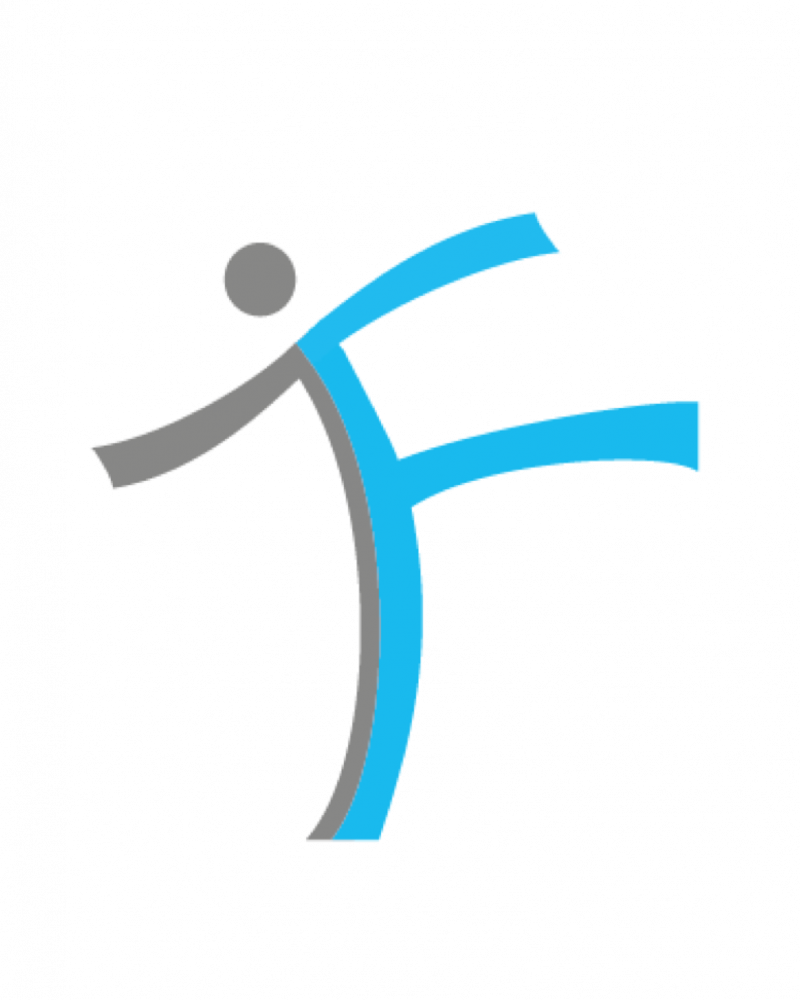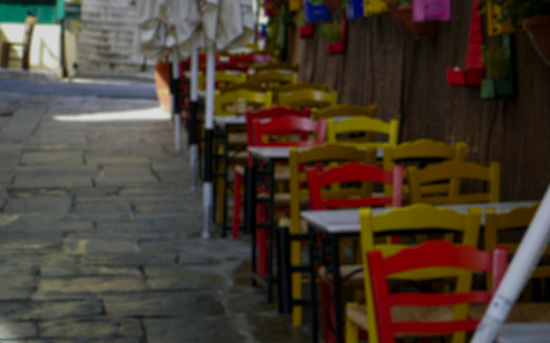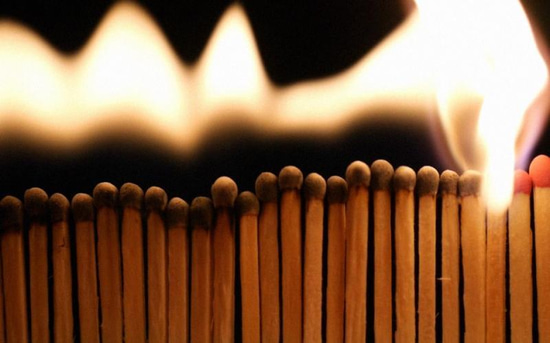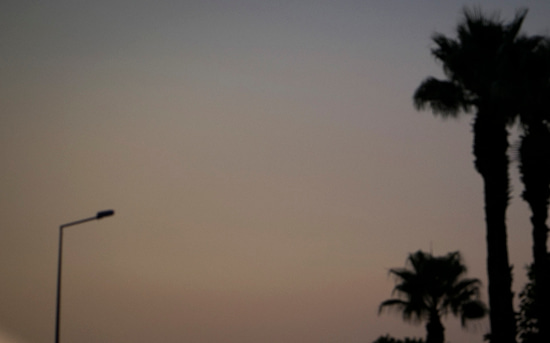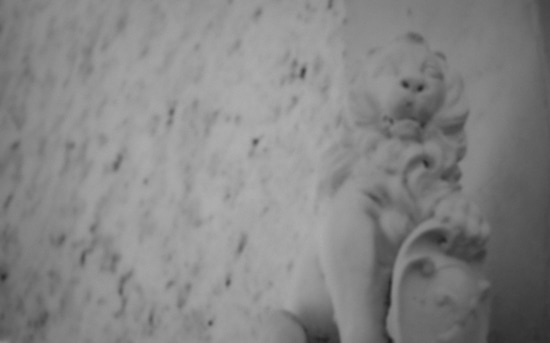For more than three years of full-scale invasion, we as a society have gone through different periods: moments of optimism and despair, unity or general fatigue. Where are we now, from the perspective of psychological dynamics, if we try to generalize? What psychological patterns and trends can be traced, how can they be characterized? We asked Treatfield experts.
Answered by Vita Stelmakh
How people experience catastrophic events has been the subject of research at various times. Scientists have organized this into certain schemes and identified different stages. These graphs differ somewhat but are quite similar in their essence. I suggest you consider the scheme developed by Diane Meyers and Leonard Zunin, medical experts in trauma and loss:
They identify the phase that precedes the disaster (threat and warning of a possible disaster), the direct catastrophic event, the heroic phase (when people unite and react to the event, saving lives and property, their own and others'). This is followed by the 'honeymoon phase', when people are simply happy to have survived, experiencing a sense of community with those who have gone through a similar experience. Also, at this stage, there are high expectations for significant help from official and government institutions. This is followed by the disillusionment or loss of illusions phase, when the scale of losses becomes obvious, and people may feel disappointment, anger, resentment. During this stage, people tend to focus on rebuilding their own lives and solving their own problems. The sense of community is lost. Next come the phases of reconciliation with reality (acceptance) and reconstruction (recovery). The phases are relatively predictable, but they can overlap, and movement along the timeline is not linear.
Usually, a disaster has its beginning, course, end, and consequences. After it ends, one can grieve what happened and build a new life. Our war is still ongoing, and it has lasted quite a long time. We had a long first phase – a warning of the threat – for several months, the likelihood of a full-scale invasion was discussed. The invasion occurred on February 24, 2022. We heroically united against the enemy, prevented the seizure of state power and territories planned for capture by the enemy. Then we expected support from allies, were disappointed that the support was insufficient, but continued to hope for help.
I believe that we are currently alternating between the honeymoon, disillusionment, and acceptance phases. Obviously, everyone has already come to terms with the fact that the war will not end in 2-3 weeks; more and more people are talking about the war lasting for years. However, expectations periodically arise that something will radically change the course of the war, such as F-16s or Trump coming to power, etc.
In my opinion, there is a partial acceptance of reality, and at the same time, there are negotiations – what if the war ends faster after all, and preferably on terms acceptable to us. At the same time, losses are increasing, the volume of grief is growing, and people are experiencing waves of disappointment and anger.
We regularly go through all phases of experiencing a catastrophic event in mini-versions. For example, in Ukraine, in non-frontline cities, we see reports of drone and missile launches – this is pre-catastrophe, because we don't know exactly where they will fly, then shelling occurs and the heroic phase begins. The defense forces repel the attack, employees of the State Emergency Service, "ambulance" and caring people save lives and property, donations become active. After the shelling, people are happy to have survived. Yes, after 3 years of full-scale invasion, this is more tired joy and not very intense, but it exists. Then we learn about the losses and experience strong feelings. We accept that our reality is such, we go to work, do household chores – we return to "normal" life.
Currently, Ukrainians are exhausted. The psychological burden is very strong and prolonged. Even during rest, in relatively safe places or while abroad, the war remains in the background all the time. We experience it in the background, even if we are not consciously aware of it at a given moment. It is impossible to turn off. We also have a colossal amount of grief that cannot be grieved while the war continues, because quality grieving requires safety, space, time, and the absence of new losses. We do not have this yet. We mourn some losses, and the next day new ones are added. And this accumulates like a large lump, which leads to exhaustion. Such is our reality now.
We have adapted quite well to abnormal conditions. We were given 3 days, but we have been holding on for more than three years of full-scale invasion. Recently, after heavy shelling of Kyiv, I went into a supermarket at 9 in the morning, and it already smelled of fresh bread. Can you imagine? That night I slept 3 hours, because something was flying all night, and people had already baked bread. We are very strong. We do the best we can and live the life we have.
We have come a long and difficult way, and we don't know how much more lies ahead. Therefore, it is important to take care of yourself as much as possible. Drink a cup of fragrant coffee in silence, take a walk, eat something delicious, lie on the grass, look at flowers, hug loved ones – let it be something small, but stable and regular.
Image taken from the page: https://houseofdeputies.org/2020/03/30/the-phases-...
You might be interested in: How we consume content and news during wartime

Answered by Hanna Haievska
Days, weeks, months, seasons, anniversaries… and then again… and again… again…
At some point, the darkness became familiar. Not the one outside the window, but the one that had already settled inside.
Chronic stress is like fine rain: day after day, it erodes the body and psyche. And no one warned about such a marathon of pain.
It seems everything has already happened: all colors of emotions, all shades of sensations. And then – silence. Not the one that brings peace, but the one that embraces like a cold stone.
The psyche, exhausted, begins to build walls. At first thin, like cobwebs, they still let in dim light.
War has a destructive effect on people's psyche. One of the common defense mechanisms that arise in such conditions is emotional numbness.
At first glance, it may seem that a person is completely indifferent to events related to the war. But if you look closely, it is not indifference, but emotional numbness.
Emotional numbness is not a breakdown, but an adaptation. It is a moment when the psyche consciously or semi-automatically decides: "Now is not the time to feel."
When the pain becomes excessive, when emotions hit too hard and too often, when the body and soul can no longer bear it – the psyche slams on the brakes. The mode of emotional pain relief is activated. Not to turn everything off forever. But to survive.
It's like switching to another range: from "sharply alive" – to "safely muffled." As if the body temporarily transfers the entire system to emergency mode: minimum reactions, emotions, openness – maximum functionality.
You still walk, work, talk, but as if through glass. Not because you don't care. But because it was too unbearable for you.
In this state, it can be difficult to feel joy, sorrow, empathy – as well as one's own needs. But that doesn't mean they are no longer there. They are. Just deep down – on pause, waiting for a safer moment.
Sometimes emotional numbness is frightening: "I feel nothing – something is wrong with me." But the truth is, you are exactly as your psyche needs you to be to protect you.
This is not the end of sensitivity. This is – a temporary bridge between oversaturation and recovery. And when resources, support, care come – feelings will return. Gradually, carefully. And you will recognize yourself again.
At the same time, in addition to numbness, another reaction is increasingly manifested – irritability and aggressiveness.
After all, when basic needs are not met, when fatigue, uncertainty and anxiety accumulate, the energy that we cannot direct to something constructive seeks an outlet. And then irritation appears over trifles, flashes of anger at loved ones or strangers, aggression in comments, conversations, on the roads.
This is not a sign of "badness" or "spoiling character." This is a signal: resources are exhausted, needs are not met, the nervous system is overloaded. And where there was once room for empathy and patience, now only dry, exposed nerve wire remains, sparking at any touch.
Emotional numbness and aggressiveness may seem opposite, but in reality, they are two sides of the same coin. Both states speak of the exhaustion of the psyche, of its attempts to somehow cope with reality that beats incessantly.
And yes, this is not about indifference. This is about pain with nowhere to go. About a body and soul that need a break. About people who need support.
You might be interested in: Current psychological states at 8-10 months of war

Answered by Svitlana Lomovtseva
If we talk about us as a society, then in three years we have actually gone through many stages: shock, denial – when in 2022 it was hard to believe that all this was really happening and we wanted to return everything as it was; bargaining – when we explained, tried to convince ourselves, others, that it was temporary, that we could still return and fix everything; then there was a stage of strong rage – then there was the greatest surge in society of active resistance, and, to be honest, anger could be directed not only at those who are against us, but also at those next to us; a state of depression – exhaustion, apathy, when there is no strength to do anything, when what we wished for and expected did not come true, disappointment that it will never be the same again. And it seemed that then a state of acceptance should have come, but dangerous events continue.
Therefore, I think our society is now experiencing a state of adaptation to danger and life at the same time. When there is an understanding that it is unknown how long the war will last, but life must go on. And everyone has focused on what is important, and therefore distributes their strength very carefully, because there will not be enough strength for all activities. Also important for society now is the question of finding meaning. After all, to endure all this, it is important to answer the question of the meaning of life. Such life events can only be endured by finding an answer to the question "what for?".
It also occurs to me that everyone is now forming a new identity. This is a period when each person asks themselves the question "Who am I in all this? In these events, pains, joys. What am I like? What kind of person am I?". And each person asks themselves this question – and as a society, we are forming our new identity.
You might be interested in: How to live in a period of uncertainty?

Answered by Alla Lipovets
The war has been going on for over three years. And each of us is experiencing it in different circumstances: some have left, some have stayed, some are in a safer city, some are in a less safe one. But regardless, every Ukrainian man and woman today lives in the reality of war. In their own way, individually, but under its influence.
It's hard to generalize, but what I notice — in myself, in clients, in people around — is the feeling that the acute phase of adaptation has somehow passed.
Over these three years, we have gone through different stages: denial, fear, rage, bargaining, hopes for "it will end soon," periods of exhaustion. At the beginning of the full-scale invasion, many people put their lives on hold. Undermined safety, an uncertain future, pain all around — all this prevented us from living a normal life. From fear for relatives and for ourselves, the body froze. This looked different for everyone, but the process was common.
And now it seems as if that stopped, frozen part of life is starting to move again.
We have learned to live within the war. We have adapted.
News about daily shellings recedes into the background, and everyday life, work, chores, meetings, plans come to the forefront. We haven't stopped being afraid. But we are afraid — and we continue to live.
Previously, the war felt like something external, alien, something that shouldn't be. Every encounter with this reality caused a storm of feelings. This can metaphorically be imagined as a situation where, in a familiar room, something huge, inconvenient, and scary suddenly appeared in the middle. You enter a familiar space — and constantly stumble upon it, thinking with horror: "Why is this here? It shouldn't be."
Over time, we just got used to it. This doesn't mean that it became our own. But now, when we enter this "room," we are no longer scared; we expect that something will be there. We know where it stands, how to bypass it, how not to bump into it. And we continue to live — even with this.
I'm not sure if this can be called acceptance. Because the war still causes pain, anger, fear. But, perhaps, it's a form of coexistence.
When plans are made, children are born, meetings are held, laughter is heard next to loss and danger. These processes do not exclude each other. They exist in parallel.
And it's important to say: adaptation is not indifference.
The fact that we have learned to live with it doesn't mean that we no longer hurt. This is not callousness or a lack of empathy. This is a way to survive.
Life continues, even in wartime, but this heavy background still requires a lot of energy to "digest" it. Parallel to external adaptation, many people retain background tension, anxiety, and fatigue internally. We can rejoice — but not as brightly. We can cry — without a visible reason. Forget simple things, get tired quickly of noise, news, people.
It's a bit like how the body adapts to physical exertion: at first, every step is difficult, the whole body hurts, the body cannot cope with such intensity. But over time, the muscles adapt, endurance appears. This does not mean that it has become easy — it means that we have become stronger, but energy is still spent. And that's why we get tired. And this fatigue is not weakness, but a sign of prolonged internal work.
It's not because there's something wrong with you. It's just your psyche continuing to bear a huge load.




